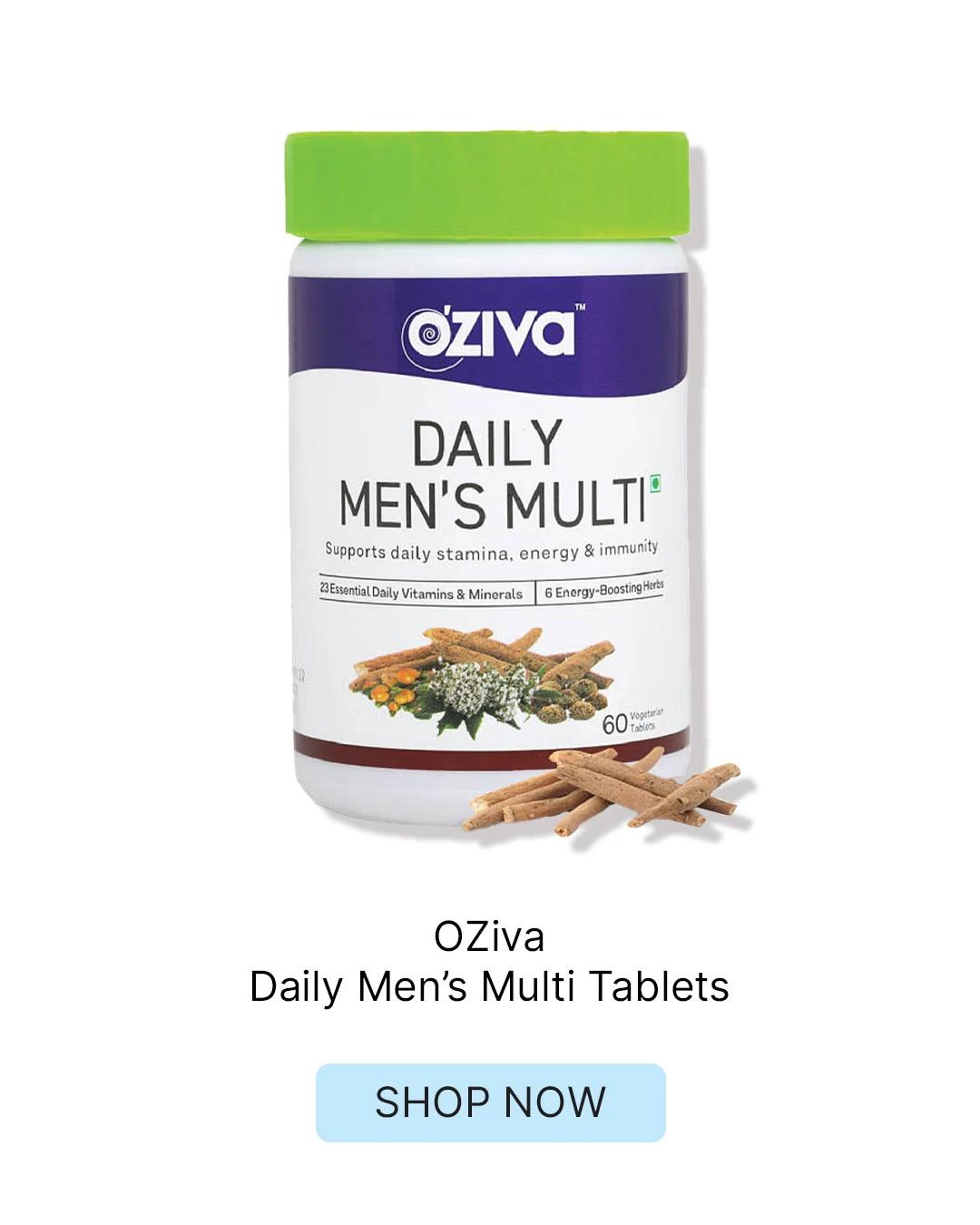Herbal heart tonics have been used for centuries in traditional medicine systems. Hawthorn berry is one of the most studied, with research suggesting it might support heart muscle function. Ginkgo biloba is another popular choice for circulation support. Just remember that herbal doesn't automatically mean harmless—these can interact with medications too.
Cholesterol-Lowering Supplements
Cholesterol-lowering supplements are worth considering if you're looking to support healthy cholesterol levels naturally. Red yeast rice has been studied for its potential to help manage cholesterol, though it's not suitable for everyone. Plant sterols and stanols are another option—they work by blocking cholesterol absorption in your digestive system.
Fibre supplements like psyllium husk can also support healthy cholesterol levels by helping your body eliminate excess cholesterol. The key is remembering that supplements work best alongside a heart-healthy diet rich in fruits, vegetables, and whole grains. They're not a free pass to ignore what's on your plate.
How to Choose the Right Heart Health Supplements
Picking the right supplements doesn't have to feel like rocket science, but there are definitely some things worth paying attention to. First up, look for third-party testing—this means an independent lab has checked that what's on the label is actually in the bottle.
Reading labels properly is crucial. Check the active ingredient amounts, not just the total capsule weight. Some supplements pack everything into one pill, while others require multiple doses throughout the day. Consider what fits your lifestyle and what you're likely to stick with long-term.
Quality matters more than price, but that doesn't mean you need to break the bank. Look for reputable manufacturers who are transparent about their testing processes and ingredient sourcing.
Integrating Supplements into Your Heart Health Routine
Creating a supplement schedule that actually works means thinking about timing and consistency. Some supplements are better absorbed with food, while others work best on an empty stomach. Fat-soluble vitamins like vitamin D need to be taken with a meal containing some healthy fats.
Combining supplements with a heart-healthy diet makes everything more effective. Think Mediterranean-style eating—lots of vegetables, fruits, whole grains, and healthy fats. Your supplements should complement this foundation, not replace it.
Regular exercise remains one of the best things you can do for your heart. Even a daily walk can make a significant difference. The combination of good nutrition, appropriate supplements, and physical activity creates the ideal environment for cardiovascular health.
Potential Risks and Side Effects
Even natural supplements can cause side effects or interact with medications. Fish oil supplements might cause digestive upset in some people, especially when starting out. Taking them with meals often helps. Garlic supplements can increase bleeding risk, which is particularly important if you're taking blood-thinning medications.
Some supplements can affect how medications work. For example, vitamin K can interfere with blood thinners, and certain herbal supplements might interact with heart medications. This is why that chat with your healthcare provider is so important.
Starting slowly with new supplements gives your body time to adjust and helps you spot any issues early on. If you experience any unusual symptoms after starting a new supplement, it's worth checking in with a healthcare professional.
Frequently Asked Questions


 200ml
200ml Combo
Combo 60 Tablet
60 Tablet 120 Tablets
120 Tablets